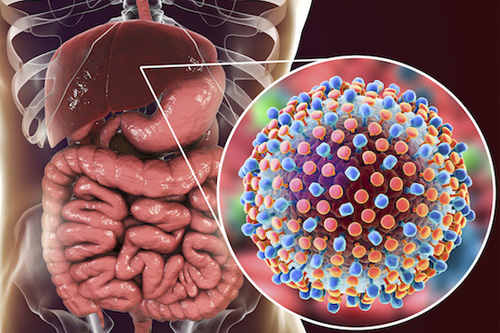Hepatitis C is a disease that cause inflammation and infection of the human liver. This condition develops after being infected with the hepatitis C virus (HCV).Hepatitis C can be either acuteor chronic.Hepatitis C is usually spread by blood-to-blood contact (when blood from a person with Hepatitis C contacts (touches or gets into) another person’s bloodstream).Between 50-80% of people who are treated (or 5 to 8 out of every 10) are cured. However, if a person’s Hepatitis C has progressed (or gotten worse) so much that the person has cirrhosis or liver cancer, the person might need a liver transplant (they might need to have surgery where they are given another person’s liver, or part of another person’s liver).Antiviral medications are used to treat both acute and chronic forms of hepatitis C. People who develop chronic hepatitis C are typically treated with a combination of antiviral drug therapies. They may also need further testing to determine the best form of treatment.
People who develop cirrhosis (scarring of the liver) or liver disease as a result of chronic hepatitis C may be candidates for a liver tranplant.


